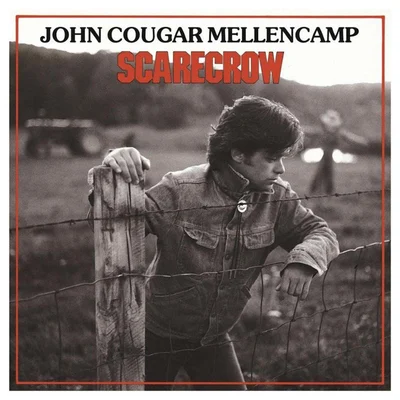From the editor

I was listening to Spotify radio while driving to a friend's farm the other day when John Mellencamps' "Rain on the Scarecrow" started playing on my car stereo.
I turned it up. Loud.
It seemed so timely, so apt for where New Zealand's primary industry finds itself now.
It was middle America's 1980s battle cry for family farms, a call to arms and a call for change.
And while the issues facing rural New Zealand in the 80s differed from those in the American mid-west, there are parallels then and now for Kiwi farmers in Mellencamps' words.
In 1980s America, high interest rates, falling commodity prices, inflation and the collapse of rural banks made family farms an endangered species.
Despite promising to "make life in rural America prosperous again" and "restore profitability to agriculture," Reagan's government turned its back on farmers once in power.
Banks foreclosed, and mortgagee sales saw many farms that had been in families for generations get swallowed up by corporations.
Right now, New Zealand farmers are fighting to keep their heads above water while dealing with low commodity prices and some of the highest on-farm inflation and interest rates we have seen.
The older generation of farmers have seen this before and know what's coming.
Family farms will be lost if something doesn't change, just like in the 1980s.
Son, I'm sorry, there's no legacy for you now.
What we have now that we didn't have back then is crippling regulations and climate change tax on the horizon.
What we have now that we didn't have back then is the urban-rural divide.
Whether that divide is a crack or a canyon is up for debate, but there's no denying it exists.
We talk a lot about social licence these days, and some would argue farmers have lost theirs.
There is a narrative that seems to permeate the layers of common sense, telling us that farmers are environmental terrorists and that it's no longer appropriate to remind the general population that we feed them and the world.
We are not encouraged to celebrate the changes willingly implemented by farmers that have significantly improved water quality and biodiversity.
We are told to ignore other industries' impact on the environment and seemingly shoulder full responsibility for climate change.
Wool, one of the most sustainable fibres in the world, is virtually worthless.
Despite this, we have tax-payer-funded nylon carpets going into schools that teach sustainability to our children.
We are no longer allowed to talk about agriculture being the backbone of this country. Agricultural pride is frowned upon by a seemingly elitist woke who look down upon farmers over their fake meat burgers and almond milk lattes and tell us we need to change.
But the jig is up. This fairy tale hipster story time is over.
We have farmers under significant pressure and a rural mental health crisis because of it.
We have a country that is literally up to its neck in debt.
The only way we will get out of this is by keeping the tractor tires of primary industry turning.
We need to stop biting the hand that feeds us.
Farmers need to be proud of farming again.
Our country needs to be proud of our farmers.
We need to tell our story and celebrate our successes through whatever megaphone we can find.
We need to remind the urban demographic and whatever government crosses the line on October 14 how critical New Zealand agriculture is to our economic recovery.
We need to show them we are already leading the world in sustainable and environmentally responsible farming.
Step aside and let and let our farmers do what they do best.
Farm.
by Claire Inkson

